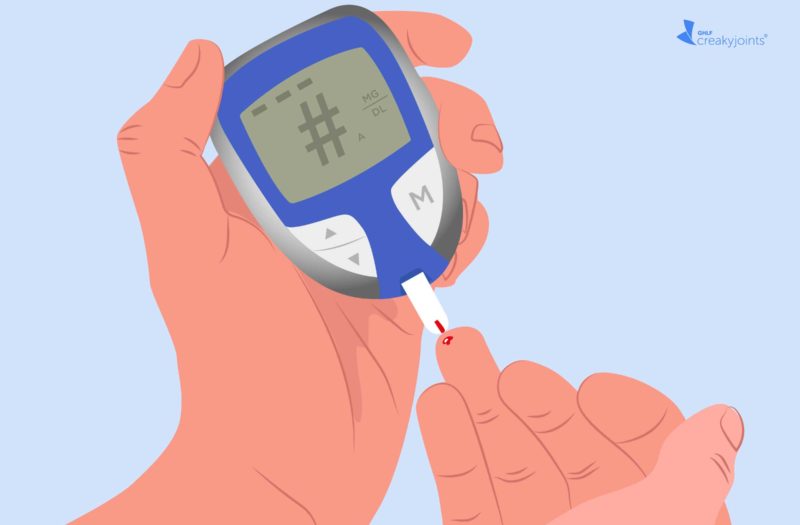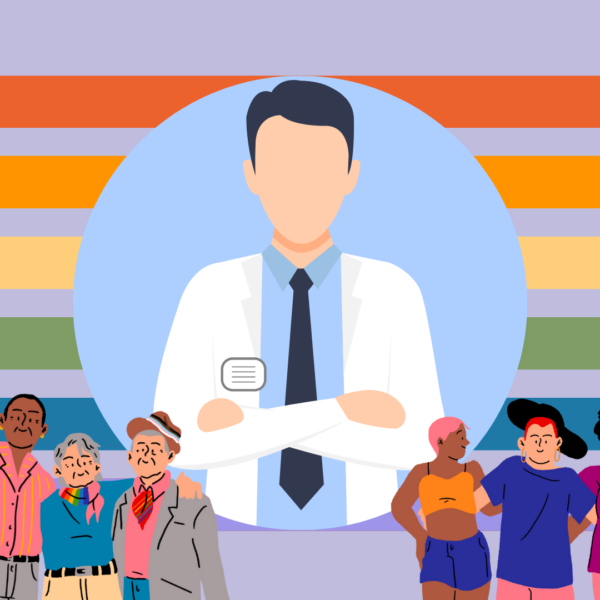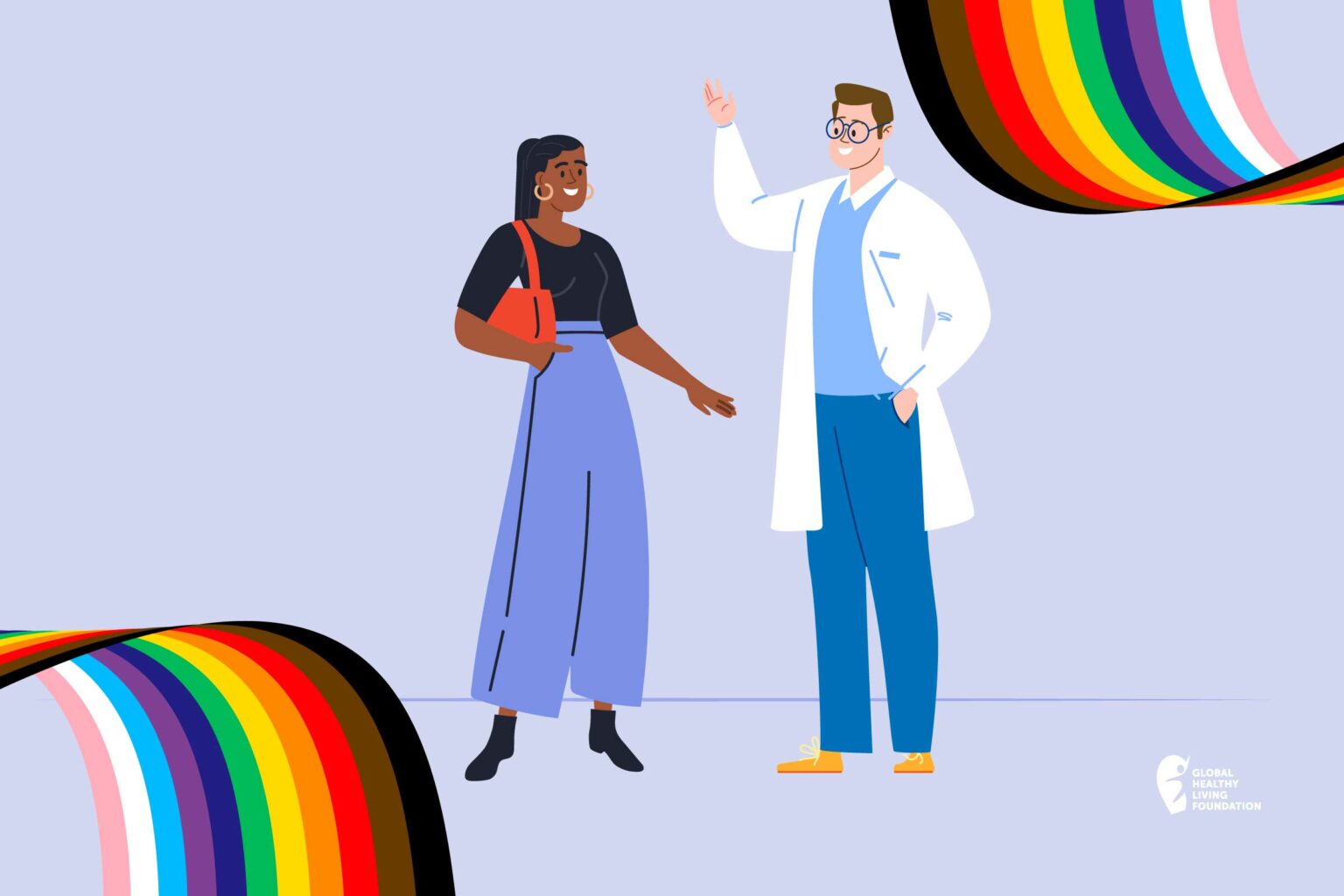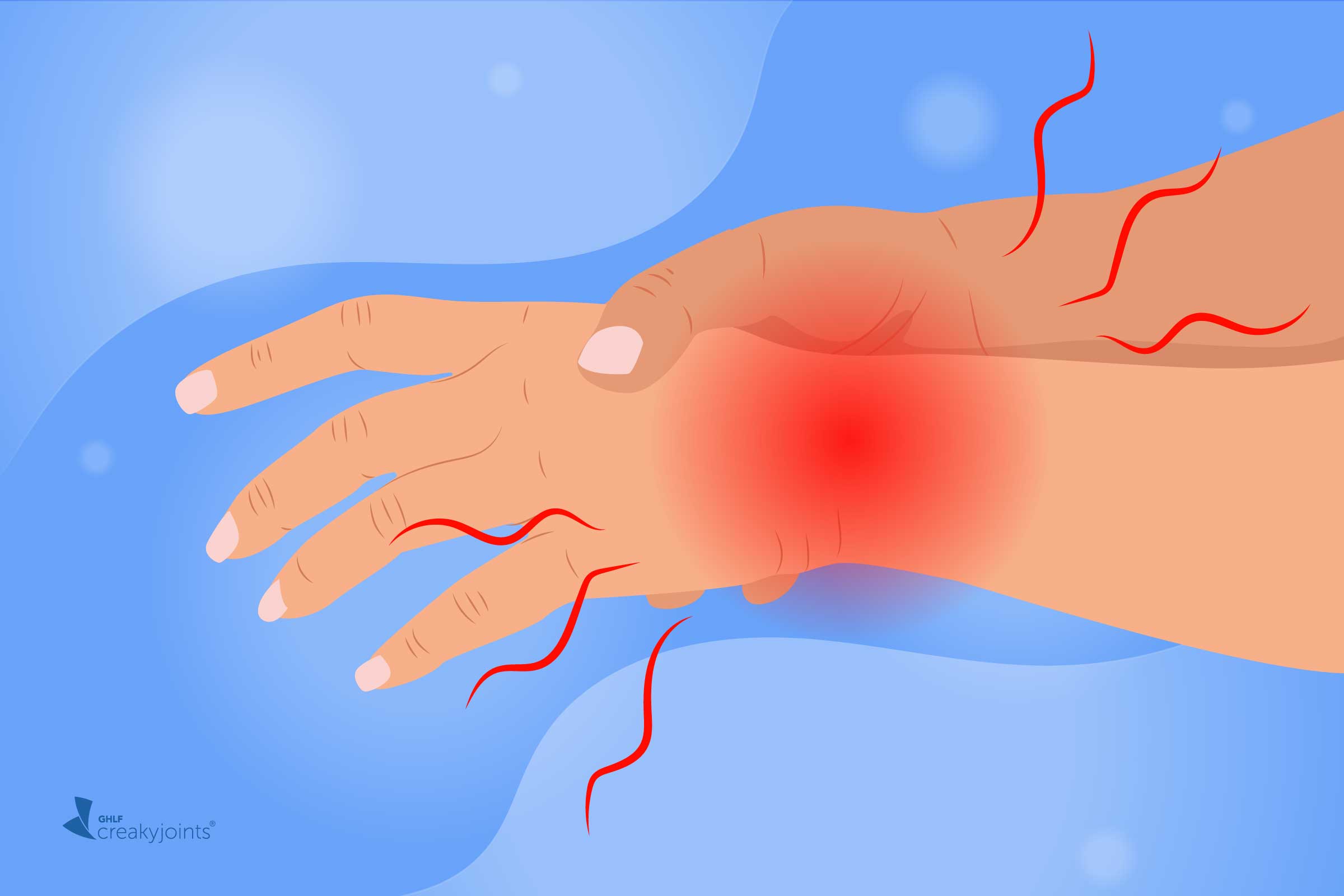Learn more about our FREE COVID-19 Patient Support Program for chronic illness patients and their loved ones.
In the past few months it’s become clear that COVID-19 doesn’t impact everyone equally. While anyone can get ill or even die from it, those with certain underlying conditions seem to face an especially high risk of complications. According to the U.S. Centers for Disease Control and Prevention, people with type 2 diabetes are at increased risk of becoming severely ill if they contract COVID-19. Those with type 1 diabetes — an autoimmune form of diabetes — might also be at higher risk.
While that information provides good reason for everyone with diabetes to take as many precautions as possible to reduce their exposure, it also appears that some people with no history of diabetes are developing this metabolic disorder after they contract and recover from COVID-19.
According to a new correspondence article that appears in the New England Journal of Medicine, “there is a bidirectional relationship between COVID-19 and diabetes.”
Although there is no direct proof that coronavirus causes diabetes, doctors around the world have reported seeing diabetes crop up for the first time in COVID-19 patients. It isn’t yet clear whether patients are more apt to develop type 1, type 2, or a “new type of diabetes,” according to the authors.
There are a few possible explanations for why COVID-19 might lead to diabetes, or at least increase the likelihood of it developing in someone who’s already susceptible. One is that coronaviruses (including COVID-19) bind to ACE2 receptors in the body. ACE2 is an enzyme that plays a role in both blood sugar and blood pressure regulation.
This isn’t the first time that viruses have been linked to diabetes. Viral infections such as those caused by mumps and enterovirus preceded some new diabetes cases. And the authors of the New England Journal of Medicinecorrespondence also noted that high blood sugar and sudden onset of diabetes were observed in some people who developed SARS coronavirus 1, the type of coronavirus that caused the SARS outbreak in Asia in 2003.
Much more research will be needed on this topic. To facilitate it, an international group of scientists has launched the CoviDIAB Project, a global registry of patients with COVID-10 related diabetes.
Get Free Coronavirus Support for Chronic Illness Patients
Join the Global Healthy Living Foundation’s free COVID-19 Support Program for chronic illness patients and their families. We will be providing updated information, community support, and other resources tailored specifically to your health and safety. Join now.
Hamilton-Shield J. Coronavirus Could Trigger Diabetes in Previously Healthy People. June 19, 2020. https://theconversation.com/coronavirus-could-trigger-diabetes-in-previously-healthy-people-140886.
Mallapaty S. Mounting clues suggest the coronavirus might trigger diabetes. Nature. June 24, 2020. https://www.nature.com/articles/d41586-020-01891-8.
Rubino F, et al. New-Onset Diabetes in Covid-19. The New England Journal of Medicine. June 12, 2020. doi: https://doi.org/10.1056/NEJMc2018688.






